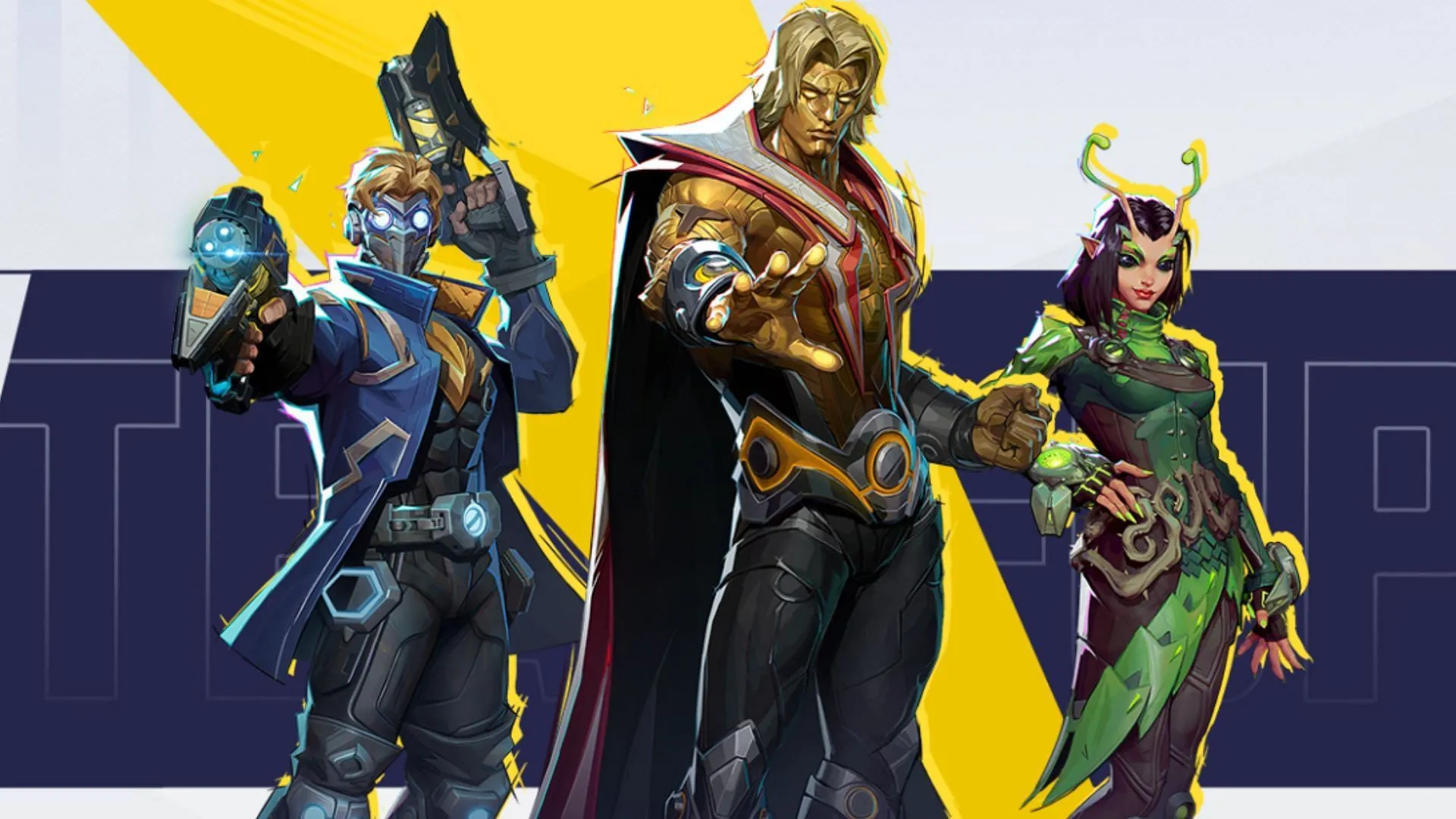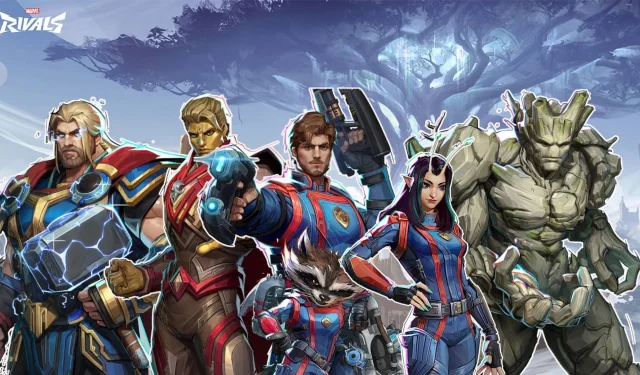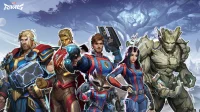In the competitive world of Marvel Rivals, creating the right team composition is essential for success, and the latest buzz surrounds the Guardians of the Galaxy. This team, typically made up of Star-Lord, Rocket Raccoon, Groot, Mantis, and Adam Warlock, now includes a formidable ally: Thor. With Thor’s integration following their joint appearance in Thor: Love and Thunder, this addition significantly enhances their combat effectiveness.
Each member of this squad possesses unique abilities that, when combined, create a synergy far surpassing their individual capabilities. For instance, Groot excels in controlling crowds, setting opponents up perfectly for Star-Lord’s attacks. Simultaneously, Thor’s area-of-effect (AoE) damage and tanking prowess empower Rocket to inflict harm while simultaneously healing allies. The strategic depth offered by Adam Warlock and Mantis allows the Guardians to respond effectively to a range of battle scenarios.
This lineup, featuring dual Vanguards, triple Strategists, and a single Duelist, enhances the team’s ability to execute coordinated assaults and controlled retreats. In this analysis, we delve into the advantages and potential overpowered nature of the Guardians of the Galaxy team composition in Marvel Rivals.
Assessing the Power of the Guardians of the Galaxy Composition
The Guardians of the Galaxy showcase a formidable team composition that often outshines the Avengers lineup, delivering superior coordination and adaptability. Unlike traditional triple support teams that may struggle with damage output, the presence of Adam Warlock and Mantis injects significant offensive capabilities, working beautifully alongside high-damage Vanguards such as Thor and Groot. This blend results in a highly effective collaboration.
Pairing Thor with a sturdy tank like Groot amplifies his performance, especially as Groot excels in brawling. Additionally, Adam Warlock’s cocoon ability stands out as one of the most potent synergies within the game, enhancing Star-Lord’s existing strengths. Mantis proves invaluable in a tripartite support role, with Rocket serving as a reliable primary support to guarantee extended healing for the team. Although Mantis and Star-Lord must be precise in their shots to maximize efficiency, together they form a robust configuration.

The combination of Thor and Groot compensates for the absence of an additional DPS character by dealing substantial damage while benefiting from comprehensive support. Their synergy, coupled with Adam Warlock’s healing capabilities, ensures that tanks remain resilient in critical moments, allowing for sustained combat engagements.
As a cohesive unit, the Guardians tend to achieve higher win rates, thanks to their balanced mix of offensive, defensive, and supportive roles. Their adaptability allows them to excel in varying scenarios and against diverse opponents. However, the impressive balance of healing, durability, and damage output in this team can overshadow other configurations, leading to concerns about a less diversified meta.
With Thor’s formidable AoE damage, Adam Warlock’s cosmic abilities, and Groot’s remarkable toughness, this team composition appears poised to dominate, creating potential imbalance in the game. Some players argue that the synergy among these heroes makes them nearly invincible, which may limit the competitive viability of alternative team setups.
In light of these dynamics, game developers might contemplate adjustments to abilities, such as increasing cooldown periods or introducing counter-strategies, to prevent this configuration from overshadowing others. Until such changes are implemented, the Guardians of the Galaxy composition continues to stand as one of the most powerful—and debated—teams in Marvel Rivals.


